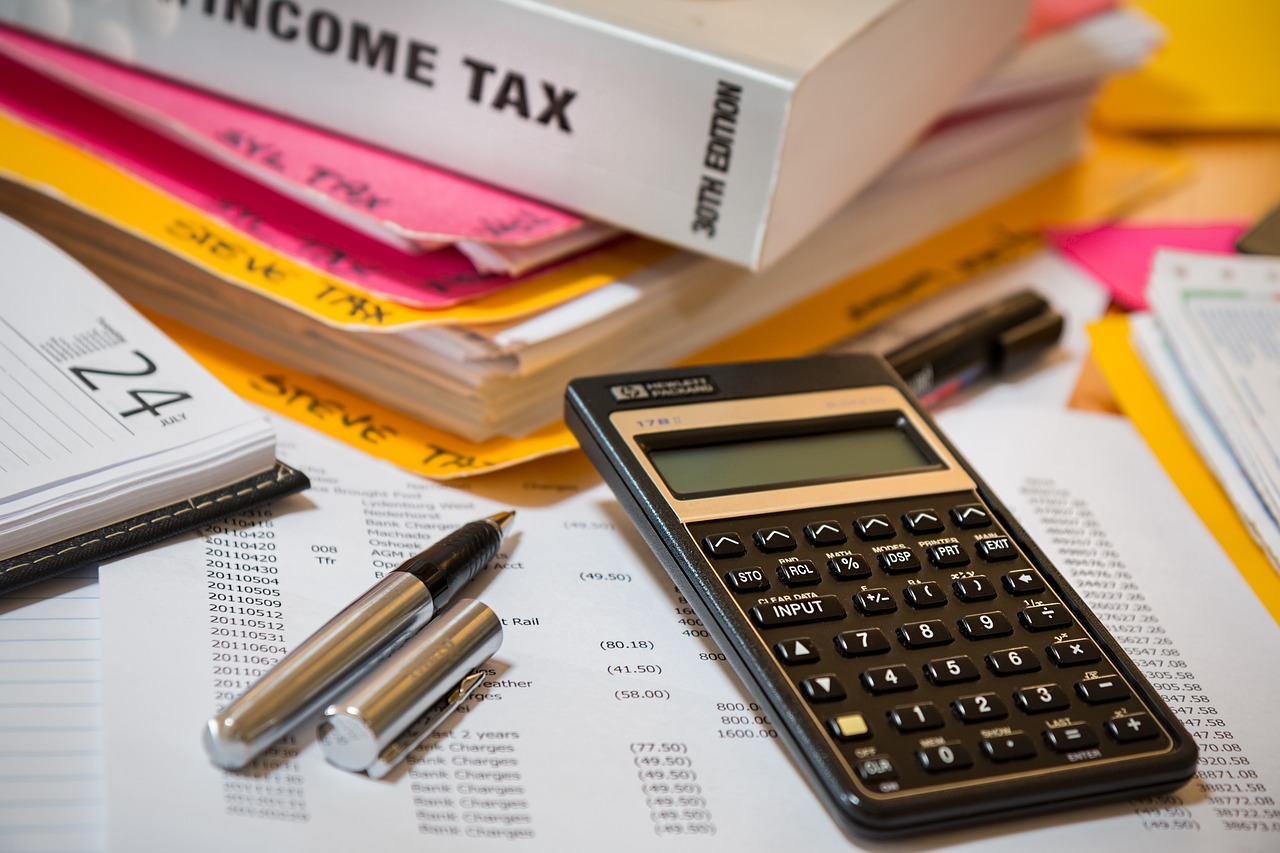Navigating the world of taxes can be daunting for any business owner, especially in the retail sector. Understanding your tax obligations is crucial to ensure compliance and avoid potential penalties. This comprehensive guide aims to simplify the various tax responsibilities for retail businesses in the UK, providing you with the essential information to manage your finances effectively.
Understanding Your Retail Business Structure
The tax obligations for your retail business depend significantly on its structure. In the UK, retail businesses can operate as sole traders, partnerships, limited companies, or corporations. Each structure has distinct tax requirements and implications.
Sole Trader
As a sole trader, you are personally responsible for your business’s debts and obligations. This structure is straightforward and has fewer administrative requirements. You must complete a self-assessment tax return annually and pay Income Tax and National Insurance on your profits.
Partnership
If you operate your retail business as a partnership, each partner shares the business’s profits and responsibilities. Similar to sole traders, partners must file a self-assessment tax return and pay Income Tax and National Insurance based on their share of the profits.
Limited Company
A limited company is a separate legal entity from its owners, offering liability protection to its shareholders. Limited companies must pay corporation tax on their profits and file annual accounts with Companies House. Directors of limited companies also need to complete a self-assessment tax return for their income.
Registering for VAT
Retail businesses in the UK must register for Value Added Tax (VAT) if their taxable turnover exceeds the VAT threshold, which is £90,000 as of the 2024/2025 tax year. Once registered, you must charge VAT on your taxable sales and can reclaim VAT on your business expenses.
Charging VAT
VAT-registered businesses need to charge VAT at the appropriate rate on most goods and services they sell. The standard VAT rate is 20%, but there are also reduced rates (5%) and zero rates (0%) for certain items. It’s essential to understand which rate applies to your products to ensure correct VAT accounting.
Reclaiming VAT
You can reclaim the VAT you have paid on business-related expenses. This process is conducted through your VAT return, which must be submitted quarterly or annually, depending on your chosen VAT accounting scheme.
Corporation Tax
For limited companies, understanding corporation tax is vital. Corporation tax is a tax on the profits made by your business. The current corporation tax rate is 25% for businesses with profits over £250,000 and 19% for businesses with profits under £50,000, with a sliding scale applies between £50K and £250K.
Filing and Payment
Corporation tax is due nine months and one day after the end of your company’s accounting period. You must also file a Company Tax Return (CT600) with HM Revenue and Customs (HMRC) within twelve months of the end of your accounting period. Late payments and filings can result in penalties and interest charges.
PAYE and National Insurance
If your retail business employs staff, you must operate Pay As You Earn (PAYE) as part of your payroll. PAYE is the system used by HMRC to collect Income Tax and National Insurance from employees’ salaries.
Employer Responsibilities
As an employer, you must deduct Income Tax and National Insurance contributions from your employee’s wages and pay these amounts to HMRC. You are also responsible for paying employers’ National Insurance contributions on your employee’s earnings.
Real-Time Information (RTI)
Under the RTI system, you must submit payroll information to HMRC each time you pay your employees. This ensures that HMRC has up-to-date information about your payroll and can accurately calculate the taxes owed.
Business Rates
Business rates are a tax on non-domestic properties, such as retail shops. Local councils collect business rates, and the amount you pay depends on your property’s rateable value, set by the Valuation Office Agency.
Reliefs and Exemptions
There are various reliefs and exemptions available to retail businesses, including Small Business Rate Relief (SBRR) and Retail Discounts. It’s essential to check if your business qualifies for any reliefs to reduce your business rates liability.
Record Keeping
Accurate record-keeping is crucial for managing your retail business’s tax obligations. You must keep detailed records of your income, expenses, and any taxes paid or reclaimed. These records are necessary for preparing your tax returns and for any potential HMRC inspections.
Digital Records
With the introduction of Making Tax Digital (MTD), many businesses must keep digital records and submit their tax returns online. Ensure your accounting software is MTD-compatible to comply with these requirements.
Seeking Professional Advice
Tax regulations can be complex, and keeping up with changes can be challenging. It’s often beneficial to seek advice from an accountant or use reputable software for filing your tax returns to help you navigate your tax obligations and ensure compliance.
Conclusion
Understanding and managing your tax obligations is essential for the success of your retail business. By staying informed about the various taxes that apply to your business structure, registering for VAT, keeping accurate records, and seeking professional advice if required, you can ensure compliance and focus on growing your business. Remember, taxes are a critical aspect of running a retail business, and proper management can lead to significant benefits for your company.








